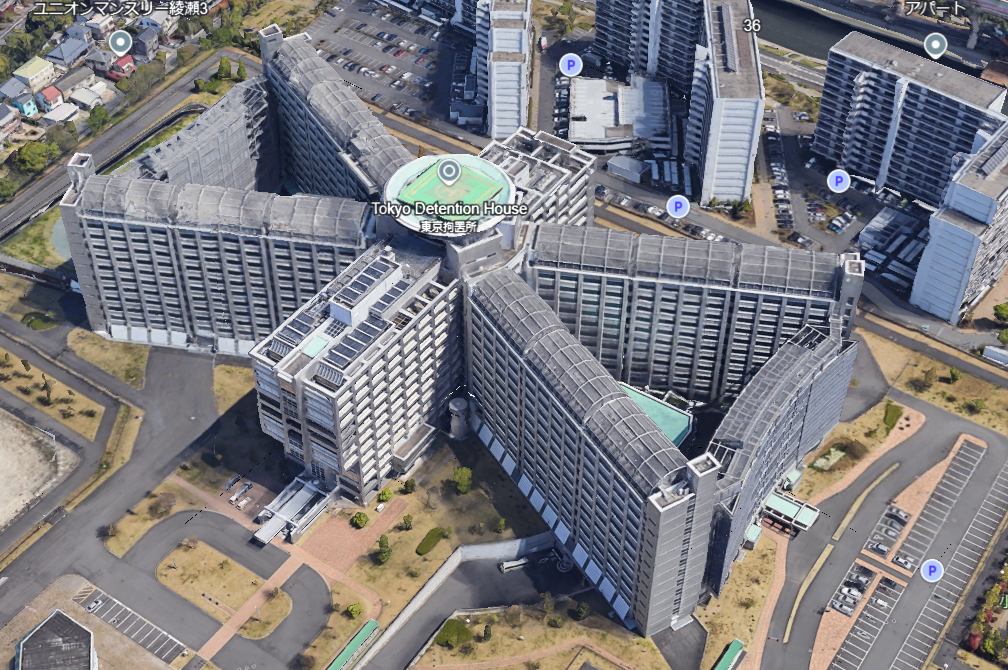Sometime around 2005, I received an inquiry for deposition interpreting from what appeared to be a one-person broker in the US. Although I have almost never worked for brokers, in a moment of weakness (and because she agreed to my high fee) I accepted the assignment. What ensued was a good demonstration of the value that most brokers do not and cannot add to the process of deposition interpreting.
After much effort, with scant case information from the broker (because she had scant information), I was able to discover what case the deposition was for; the broker didn’t know and probably didn’t care. I discovered on my own what law firms were involved and contacted the relevant attorney who would be examining the witness. Surprise; it turned out to be the CEO of an airline here in Japan. An additional surprise was that it was the CEO of an airline involved in a different case with an airline client of mine, although the involvement did not represent a conflict that would preclude me from interpreting for this deposition.
When I told the broker who the deponent was, the reaction was “How exciting!” This is a good demonstration of how brokers for interpreting services can operate without any knowledge of, or interest in obtaining information about the specific cases for which they are brokering interpreting services.
I never heard from that broker again, and that was just fine with me.

